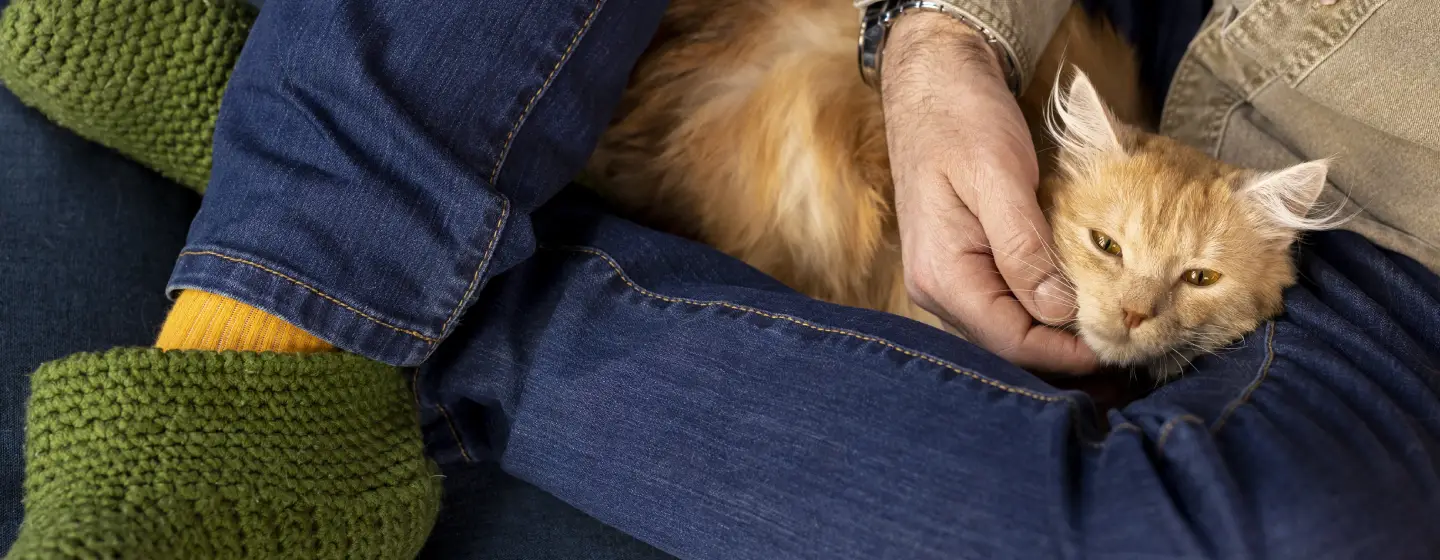Dogs have been loyal companions to humans for thousands of years, offering unwavering affection and companionship. However, even the most dedicated pet owners can unknowingly make dog care mistakes that impact their furry friends’ health and well-being. Proper dog care involves more than just providing food and water; it requires understanding their physical, mental, and emotional needs. This article uncovers common dog care mistakes that can affect your pup’s quality of life and offers insightful tips from a Pacheco, CA veterinarian to ensure your pet leads a happy, healthy, and fulfilling life. Read on to discover how to avoid these pitfalls and become a better caretaker for your beloved canine companion.
Dogs are amazingly loyal and loving pets, and have a way of making everything better. We’ve been friends with Fido for thousands of years, but are learning more about him—and his needs—every day. Your canine buddy needs more than kibble and water to thrive! Read on as a local Pacheco, CA vet lists some common mistakes.
Overfeeding
Dogs have very healthy appetites, and they aren’t shy about letting us know. We know, it’s hard not to fall for that soulful stare, but don’t let Fido cajole you into overfeeding him. Obesity can lead to a whole slew of health issues in your furry pal!
Lack Of Exercise/Stimulation
Our canine companions have lots of doggy energy to burn off, and they also need regular exercise and entertainment just to stay fit and happy. Take time to walk and play with Fido every day, and make sure he has plenty of toys. You may be surprised at how much of an effect this may have on your pup’s attitude and behavior!
Not Enough Training
You don’t necessarily have to teach your pooch to fetch your slippers or turn the lights on and off, but you should be able to control his behavior with vocal commands. Sit, Stay, Come, Heel, and Lay Down are the most important ones.
Negative Reinforcement
Dogs don’t really process things the same way we do. For instance, they don’t really understand punishment. This is why positive reinforcement is so crucial. It’s fine to reprimand Fido if you see him doing something wrong, but a verbal reprimand in a stern tone of voice should be all that is needed. Yelling at your canine friend, striking him, kenneling him, and/or using things like shock collars may only make matters worse. Be consistent, and, if needed, seek professional advice for behavioral issues. Aside from that, stick to rewarding your dog for doing well.
Not Enough Veterinary Care
We simply can’t overstate the importance of making sure your furry best friend sees his vet regularly. All dogs should be spayed or neutered, microchipped, examined regularly, and kept current on their vaccinations and parasite control. Watch for signs of illness at home. If you notice anything that could be a sign of illness, bring your four-legged pal in right away.
Common Dog Care Mistakes That Increase Health Risks in 2025
What are the health risks associated with canine obesity?
Canine obesity poses significant health risks for dogs, potentially leading to various serious conditions. Obese dogs are more prone to developing diabetes, which can complicate their overall health and require lifelong management. Additionally, excess weight puts strain on their joints and bones, increasing the risk of arthritis and mobility issues. Obesity also raises the likelihood of heart disease, as it can affect the cardiovascular system and reduce a dog’s stamina and endurance. Furthermore, overweight dogs may experience decreased life expectancy, as obesity can contribute to respiratory problems and other obesity-related complications, impacting their quality of life. Maintaining a balanced diet and regular exercise is essential to prevent these health risks and ensure your pet’s overall well-being.
Why is pet identification (microchipping and tags) crucial?
Pet identification, including microchipping and tags, is crucial for ensuring the safety and security of pets. Microchipping provides a permanent, scannable form of identification that cannot be lost or removed, making it easier to reunite lost pets with their owners. Identification tags with contact information serve as a visible and immediate means for someone to reach the owner if the pet is found. These methods increase the likelihood of recovering a lost pet, reducing stress for both the pet and owner. Microchipping and proper tagging also contribute to reducing the number of unclaimed animals in shelters. Ensuring your pet is easily identifiable is a vital part of responsible pet ownership.
How should owners approach grooming and paw care for their dogs?
When it comes to grooming and paw care for dogs, owners should establish a regular grooming routine that includes brushing their dog’s coat to prevent matting and shedding, as well as bathing their dog with a gentle, dog-specific shampoo as needed. Regular brushing not only keeps your dog’s coat healthy but also allows you to check for ticks, fleas, and skin issues. For paw care, owners should regularly trim their dog’s nails to prevent discomfort and ensure proper walking. Inspect and clean the paws to remove dirt, debris, or irritants, and moisturize the paw pads to prevent cracking. Regular grooming and paw care promote hygiene, comfort, and overall health.
How does spaying/neutering affect a dog’s behavior and health?
Spaying or neutering a dog can significantly impact both their behavior and health. Behaviorally, it often reduces aggressive tendencies, marking, and roaming behaviors, making dogs calmer and more focused on their owners. Health-wise, spaying or neutering reduces the risk of certain cancers and infections, such as uterine infections and breast tumors in females and testicular cancer and prostate problems in males. Additionally, it can increase life expectancy by preventing conditions related to hormonal imbalances. These procedures contribute to better overall health, decreased aggression, and improved quality of life for dogs.
How much exercise do dogs need?
The amount of exercise a dog needs depends on their breed, age, and health. On average, dogs require 30 minutes to 2 hours of exercise daily. High-energy breeds like Border Collies and Labradors benefit from longer and more intense activities, while smaller breeds or older dogs may need less. Regular exercise helps prevent obesity, supports cardiovascular health, and provides mental stimulation, reducing anxiety and destructive behavior. Activities like walking, running, and playing fetch are excellent ways to ensure your dog stays healthy, happy, and well-behaved. Always consult a veterinarian to tailor exercise routines to your dog’s specific needs.
Do you have questions about your dog’s health or care? Contact us, your Pacheco, CA animal clinic, today!







